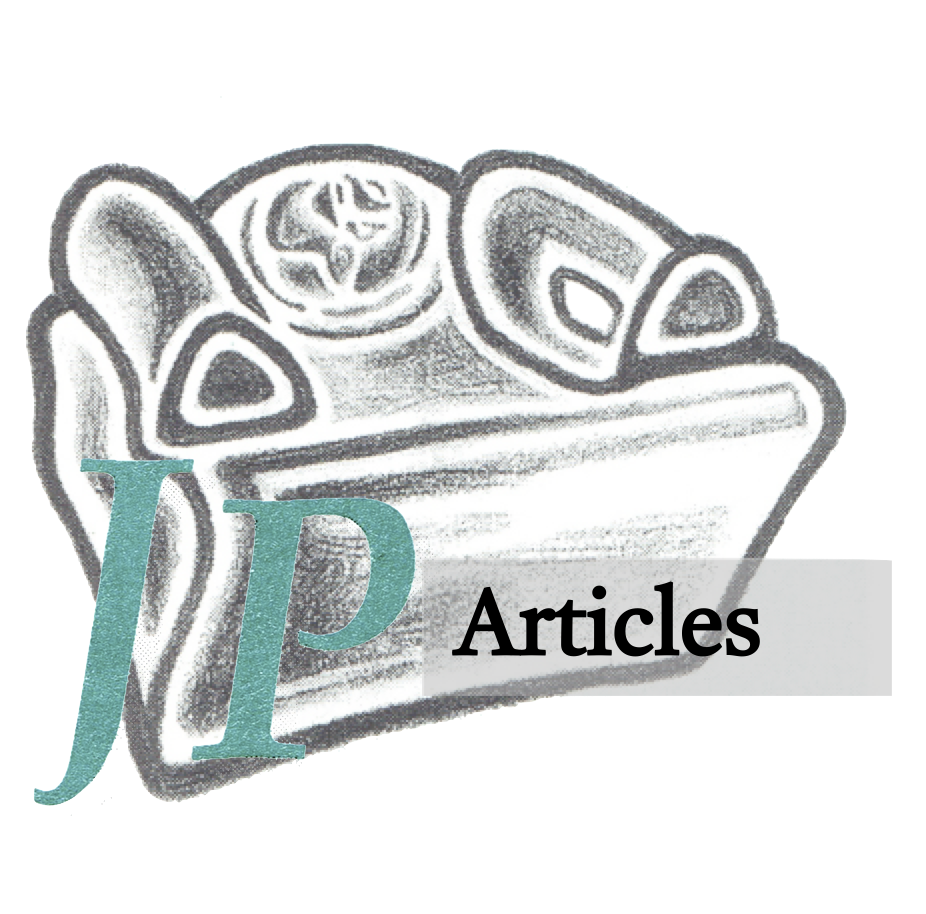If someone had approached me before 2006 and said,
I’ve been waiting for the chance to talk to a Greek scholar. Could you please tell me how in Koine Greek to issue the command, “Stand up. Go over to the door. Open it. Step outside, and shut the door”?
I probably wouldn’t have been able to answer immediately. Or, if I had been able to give the correct answer,
Ἀνάστηθι. Ἐλθὲ πρὸς τὴν θύραν. Ἄνοιξον αὐτήν. Ἐκπορεύθητι ἔξω, καὶ κλεῖσον τὴν θύραν.
I probably wouldn’t have been able to answer the follow-up question:
Thank you. Now, could you please tell me how a person, after carrying out those commands, should describe the actions he or she has just carried out? How would the person who executed the commands describe his or her actions?
The conversation would probably have ended at this point. This more complicated task would have required me to transpose all the verbs of the answer into the past tense, like this:
Ἀνέστην, ἦλθον πρὸς τὴν θύραν, ἤνοιξα αὐτήν, ἐξεπορεύθην ἔξω, καὶ ἔκλεισα τὴν θύραν.
And if, in the unlikely event that I, the assumed Greek expert, had managed to spit out this second answer, I certainly wouldn’t have been able to respond to the questioner’s final challenge:
Thank you very much! Now, could you please put your last answer into more refined Greek, the Greek of an ancient, educated native speaker of Greek, who would, of course, have sprinkled his or her speech with participles?
The response should be:
Ἀναστὰς καὶ ἐλθὼν πρὸς τὴν θύραν, ἤνοιξα αὐτήν. Ἐκπορευθεὶς ἔξω, ἔκλεισα τὴν θύραν.
Is there a way out of this intolerable situation? Yes, the obvious solution is for Greek students and scholars, as in past centuries, to learn the language actively, by speaking it and listening to others speak it, as I have been doing since 1996 in the Greek program of the Biblical Language Center. One should not attempt to learn the ancient Greek language by discussing and analyzing (in English) its grammatical and syntactical features, gaining speed only in dissecting and decoding Greek sentences. To internalize a language, the grammatical method is the embodiment of futility. One only internalizes a language, ancient or modern, when one learns to speak it. The way to fluency in Koine Greek is to begin speaking it.



Comments 1
Awesome! No worries though Mr. Greek scholar . . . I can’t even say “Hello” in Greek.